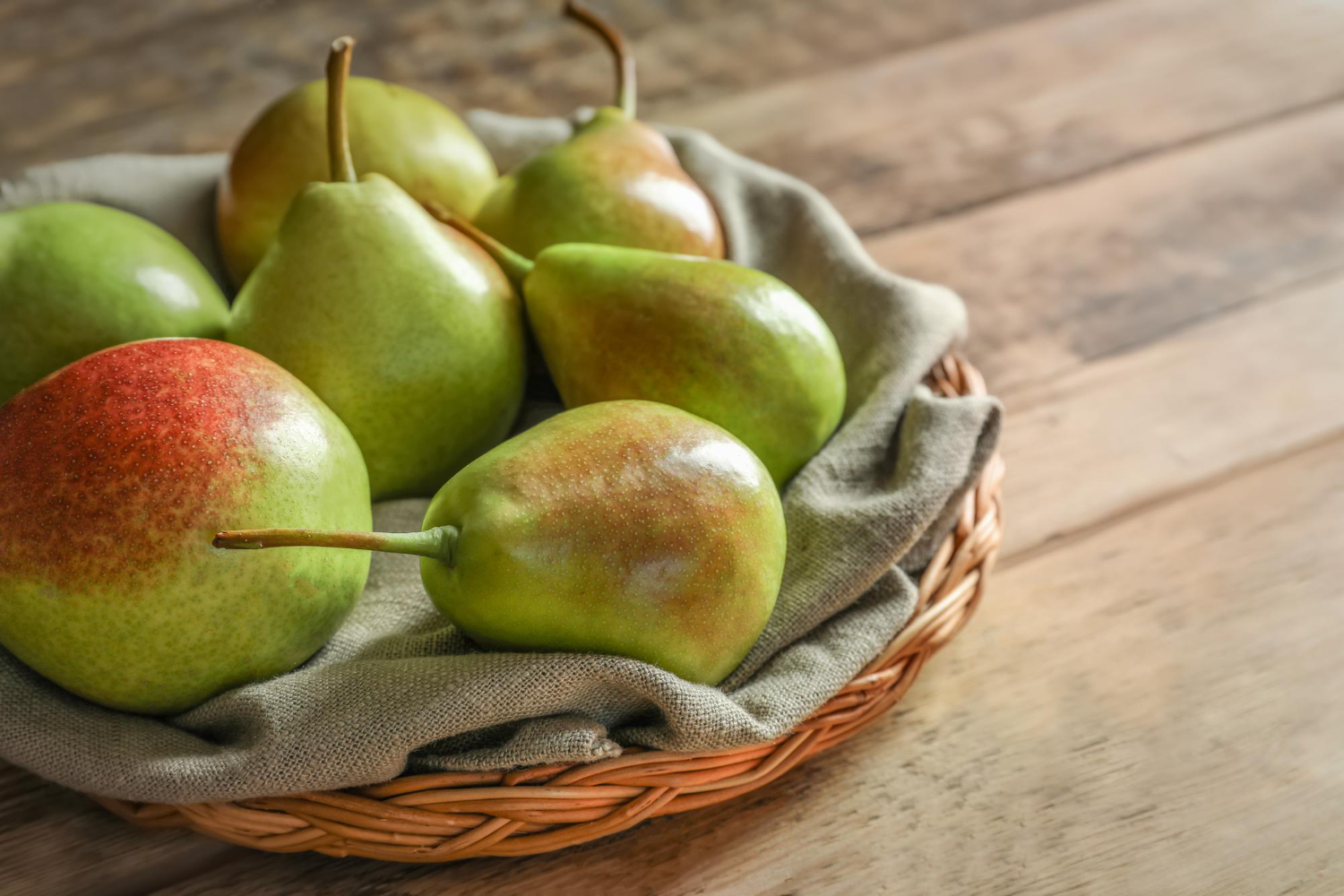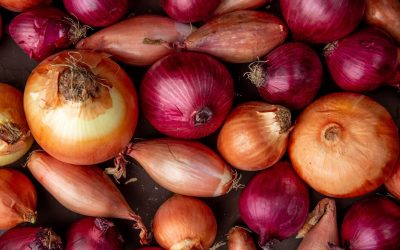Can Dogs Eat Pears?

Feeding fruits to our dogs has become increasingly popular among pet parents who want to provide a well-rounded, nutritious diet for their beloved companions. Fruits like apples, bananas, and berries are often praised for their vitamins and minerals, offering both flavor and health benefits. While it’s tempting to share our favorite snacks, not every fruit that’s healthy for humans is safe for dogs. Some can cause discomfort or even serious health risks if we’re not careful.
In this guide, we’ll explore everything you need to know about feeding pears to dogs, from nutritional benefits and safety tips to portion guidelines, so you can make the best decision for your pet’s well-being and your peace of mind.
Are Pears Safe for Dogs?
The short answer is yes, dogs can eat pears, as long as they’re given in moderation and prepared correctly. Pears aren’t toxic to dogs, and they can be a healthy, hydrating treat.
But like any new food, balance is key. Giving too many pears at once can upset your dog’s stomach or cause diarrhea. It’s always best to start small, giving just a few pieces, and observe how your dog reacts before making pears a regular part of their diet.
Never let your dog eat pear seeds or the core. Pear seeds contain trace amounts of cyanide, which can be harmful if ingested in large amounts. Always remove the core and seeds thoroughly, and slice the fruit into small, bite-sized pieces to prevent choking or digestive issues.
The Nutritional Benefits of Pears for Dogs
Pears are tasty and packed with nutrients that can complement your dog’s regular diet. This fruit provides a natural source of dietary fiber, supporting healthy digestion and helping to prevent constipation. Fiber also helps keep your dog feeling full and satisfied, which can aid in maintaining a healthy weight.
Pears are also rich in Vitamins C and K. Vitamin C acts as an antioxidant, boosting the immune system and supporting skin health, while Vitamin K helps with proper blood clotting and bone strength. Together, they promote overall wellness and vitality.
Additionally, pears provide important minerals like potassium and copper, which support heart health, muscle function, and a shiny coat. When shared responsibly, pears can add variety and nourishment to your furry friend’s day, without compromising balance.
Understanding the Risks: When Pears Might Not Be the Best Choice
Even with their nutritional value, pears aren’t suitable for every dog. A few potential risks are worth considering to protect your pet’s comfort and safety.
While uncommon, some dogs may be allergic to pears. The first time you introduce them, monitor your dog closely for signs of an allergic reaction, such as itching, swelling, vomiting, or diarrhea. If you notice any of these symptoms, stop feeding pears immediately and contact your veterinarian.
Remember that pears contain natural sugars. Although these sugars are much healthier than processed treats, too much can contribute to weight gain, especially in dogs prone to obesity or with conditions like diabetes. Keeping portions small ensures your pet enjoys the benefits without unwanted side effects.
How to Safely Prepare Pears for Your Dog
Preparing pears correctly is essential for your dog’s safety and enjoyment. Choose ripe, fresh pears that are free from mold or bruises. Wash them thoroughly to remove any dirt or pesticide residue that might irritate your dog’s stomach.
Next, remove the seeds and core completely, then cut the fruit into small, manageable pieces. The smaller the pieces, the safer they are, especially for small breeds.
For an extra special treat, you can freeze pear slices on a warm day. Frozen pears make a refreshing snack and can even help soothe teething puppies or dogs with irritated gums.
Always introduce new foods gradually, and keep a close eye on how your dog reacts. Every dog is unique, and what works for one may not for another.
How Much Pear Can Dogs Eat?
When it comes to fruit treats, less is more. As a general rule, treats, including fruits like pears, should make up no more than 10% of your dog’s daily calories.
- Small dogs: A few small bites are plenty.
- Medium to large dogs: A half of a small pear (without seeds or core) is a reasonable serving.
Every dog’s nutritional needs are different. It’s always best to check with your veterinarian before introducing new foods, especially if your pet has underlying health conditions or dietary restrictions.
Other Dog-Friendly Fruits to Try
If your dog enjoys pears, they may also love trying other safe, nutrient-rich fruits. Offering a variety keeps things fun and helps provide a range of vitamins and antioxidants.
- Apples: Great for fiber and Vitamin C—just remove the core and seeds.
- Blueberries: Tiny but mighty, full of antioxidants that support brain and immune health.
- Bananas: A natural source of potassium and Vitamin B6, perfect as a soft, easy-to-digest snack.
- Strawberries: Refreshing and rich in Vitamin C, they can even help whiten your dog’s teeth naturally.
Recognizing Allergic Reactions: What to Watch For
Even with safe fruits like pears, stay alert for any unusual symptoms that may occur after feeding. Common signs of food allergies or sensitivities include:
- Skin irritation: Itching, redness, or hives.
- Digestive issues: Vomiting, diarrhea, or gas.
- Respiratory symptoms: Difficulty breathing or wheezing (seek immediate veterinary care if this occurs).
How Pet Insurance Can Help With Unexpected Health Concerns
Even when we’re careful, accidents and allergic reactions can happen. That’s where pet insurance can bring peace of mind. With coverage for emergency visits, diagnostic tests, and treatments, you won’t have to worry as much about the cost of unexpected care if your dog has a reaction to a new food.
Having pet insurance means you can focus on what truly matters—your dog’s comfort and wellbeing—knowing you’re financially protected if something goes wrong.
The Bottom Line: Are Pears a Good Choice for Dogs?
In moderation and with proper preparation, pears can be a safe, nutritious, and delightful treat for your dog. They provide essential vitamins, minerals, and fiber that support overall health.




